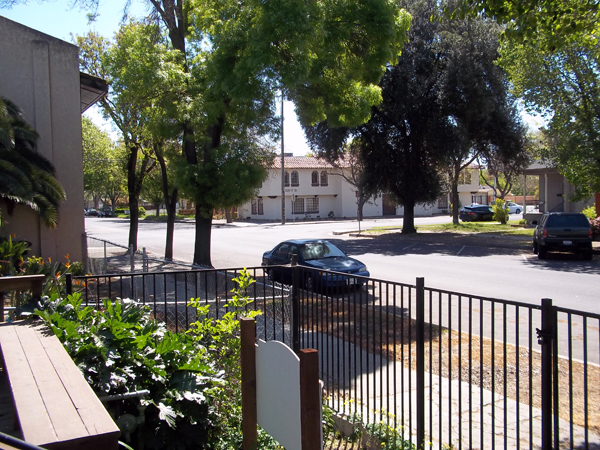I recently put out a post about the statute of limitations that applies to a breach of contract case in California. In that post, I explained that a “statute of limitations” is the time period within which a plaintiff has to file their lawsuit. If they miss it — and can’t come up with a good tolling argument — then they will lose their case. Their evidence could be rock solid (e.g. the proverbial smoking gun), but they will lose simply because they waited too long.
 In this post, I’m going to continue that theme and discuss another statute of limitations. We’re talking about California again, but this time it’s the statute of limitations for a civil fraud suit. As an aside, my experience has been that fraud is alleged in cases way more often than it actually happens. Fraud — at least in California — has a very, very, very specific definition. If you’re going to allege it in a lawsuit, I would highly recommend that you look up that definition and know it back to front. Anyway, aside over.
In this post, I’m going to continue that theme and discuss another statute of limitations. We’re talking about California again, but this time it’s the statute of limitations for a civil fraud suit. As an aside, my experience has been that fraud is alleged in cases way more often than it actually happens. Fraud — at least in California — has a very, very, very specific definition. If you’re going to allege it in a lawsuit, I would highly recommend that you look up that definition and know it back to front. Anyway, aside over.
The statute of limitations for a civil fraud suit is 3 years. That’s section 338(d) of the California Code of Civil Procedure. As before, knowing that the proverbial clock is 3 years is only part of the solution. The other part is that you need to know when this 3 years starts.
The answer to that is when the plaintiff discovers the fraud. That’s also in section 338(d) which provides:
“The cause of action… is not deemed to have accrued until the discovery, by the aggrieved party, of the facts constituting the fraud or mistake.
I hope this helps you. As always, this post is not meant to be an exhaustive exploration of the topic discussed. For instance, the actual statute of limitations in your fraud case might be different than that discussed above, depending on what tolling argument, if any, you can make. If you have a situation where the statute of limitations for a fraud suit is relevant, I encourage you to find a lawyer in your area to discuss it with face-to-face.
Andy Chen
Latest posts by Andy Chen (see all)
- Management of a California Limited Liability Company (LLC) - July 8, 2025
- Record-keeping for a California Limited Liability Company (LLC) - July 7, 2025
- Member Classes in a California Limited Liability Company (LLC) - July 6, 2025
